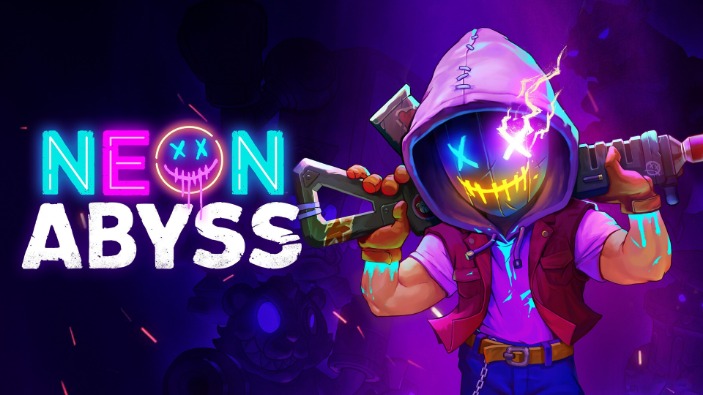For many people, gaming serves as a form of escapism from the everyday challenges and stresses of life. Whether it’s exploring vast open worlds, competing against friends or strangers online, or immersing oneself in a captivating story, gaming offers a diverse range of experiences that cater to different preferences.
One of the key appeals of gaming is the ability to step into a virtual realm where players can be anyone or do anything they desire. The sense of freedom and agency that games provide is unparalleled, allowing individuals to explore new worlds, develop new skills, and unleash their creativity in ways that may not be possible in the real world.
Read more about udangbet here.
The Rise of Esports
In recent years, the rise of esports has brought gaming into the mainstream, with professional players competing for huge prize pools in tournaments that are watched by millions of viewers around the world. The competitive aspect of gaming has garnered a massive following, with fans rooting for their favorite teams and players, much like traditional sports.
Impact on Mental Health
While gaming can be a source of joy and entertainment, it is important to recognize the potential impact it can have on mental health. Excessive gaming may lead to addiction, social isolation, and other negative consequences if not approached in a balanced and healthy manner. It is crucial for gamers to take breaks, set limits, and prioritize self-care to maintain a healthy relationship with gaming.
In conclusion, gaming is a versatile and captivating form of entertainment that offers a unique escape into virtual realms. Whether you enjoy exploring fantasy worlds, competing in tournaments, or engaging in social interactions with other players, gaming has something to offer for everyone. As with any form of entertainment, moderation and self-awareness are key to enjoying gaming in a way that enhances overall well-being.




